Chef John Mirabella shares his delicious recipe for Florida lionfish that not only tastes great, but also saves the ecosystem from the invasive seafood.

When we travel, we always seek out and try a common dish to the area. According to John, Marathon’s specialty dish is often something made with Florida’s favorite Hogfish or the locally loved lionfish. Chef John’s restaurant was the first in the state of Florida to serve the lionfish and received recognition for cooking the endangered species. Thankfully, the invasive fish is buttery, tender, and delicious for cooking. In order to spear the fish, one must dive very deep. The lionfish live about 1,000 feet down and come up between 200 and 400 feet. To make matters even more challenging, the spines of lionfish contain venom and can cause extreme pain if one is pricked. John still calls this kind of difficult fishing a sport, but admits that one must be careful.
If that sounds a bit too wild for your vacation, no worries! Chef John has shared on of his favorite lionfish recipes to try at home of the next time you are in the Marathon.
Click here for more travel tips to Marathon.
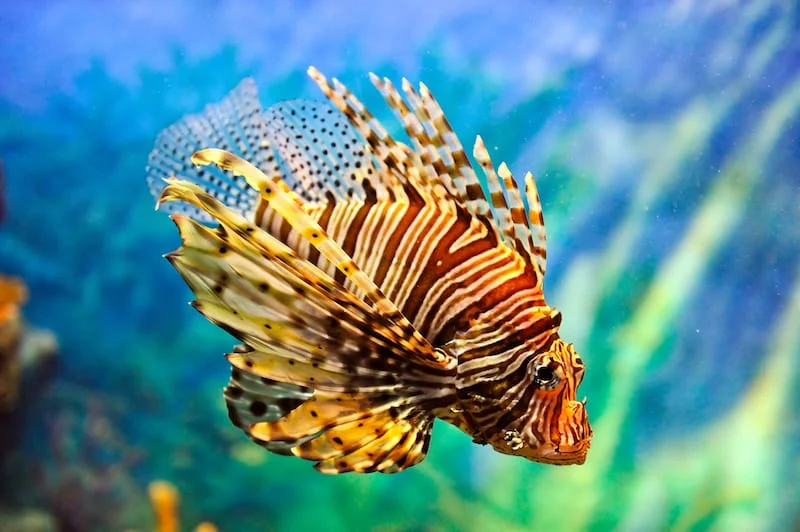
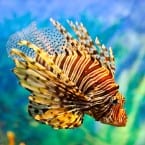
Castaway’s Wreck Diver-Style Lionfish
Description
Courtesy of Castaway Waterfront Restaurant and Sushi Bar in Marathon Key, Florida
Ingredients
- 42 ounces lionfish fillets (patted dry)
- flour (for coating)
- 5 cloves garlic (diced)
- 2½ cups chopped tomatoes
- 5 tsp. capers
- 1/2 cup white wine
- 1/4 cup fresh-squeezed lemon juice
- 2 T. chopped fresh basil
- parsley or kale for garnish
- lemon wedge for garnish
Instructions
- Dredge fillets in flour to lightly dust. Place in sauté pan with small amount of hot butter over medium heat. Cook first side, careful not to burn.
- Turn over fish when golden, and reduce heat while adding garlic, tomatoes, capers, white wine and lemon juice. Cover to hold steam in and cook until fish is fork-tender. Add basil and serve immediately. Garnish with sprig of parsley or kale and lemon wedge.




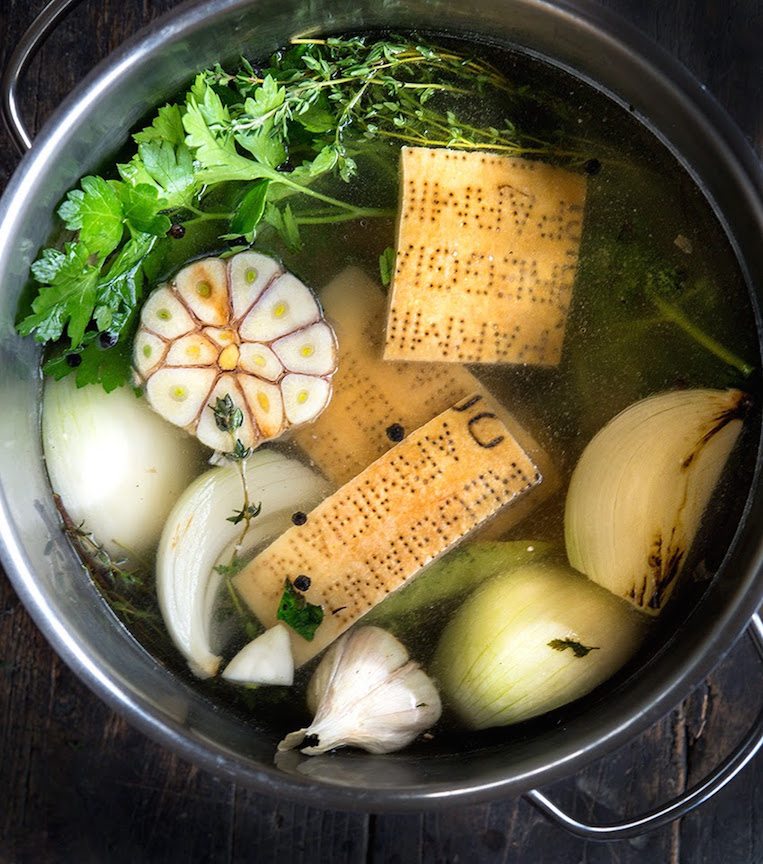


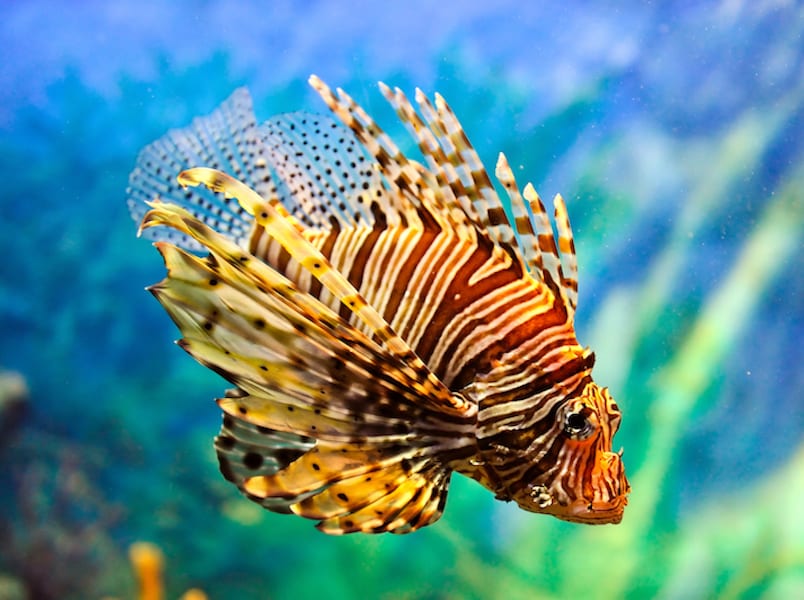

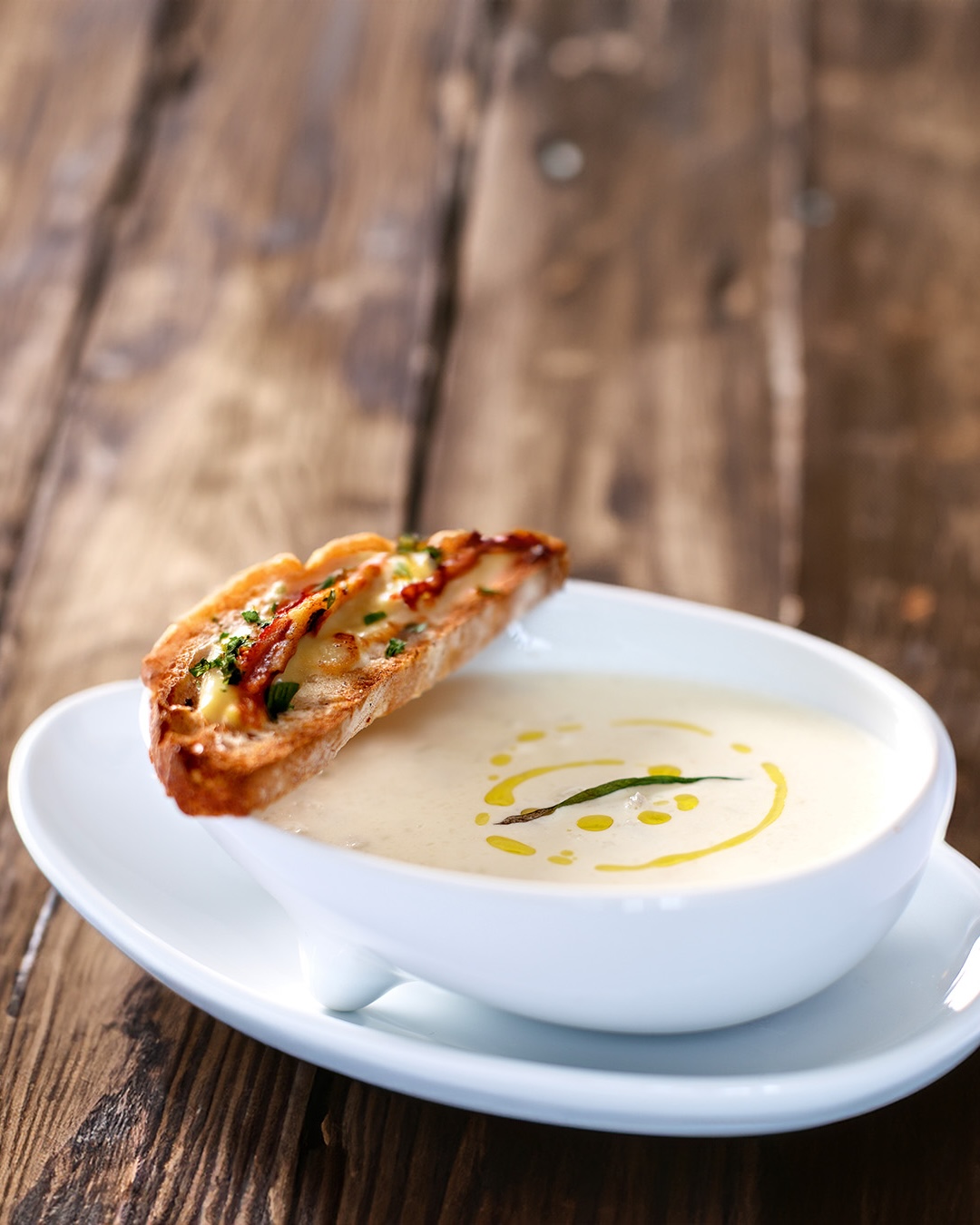
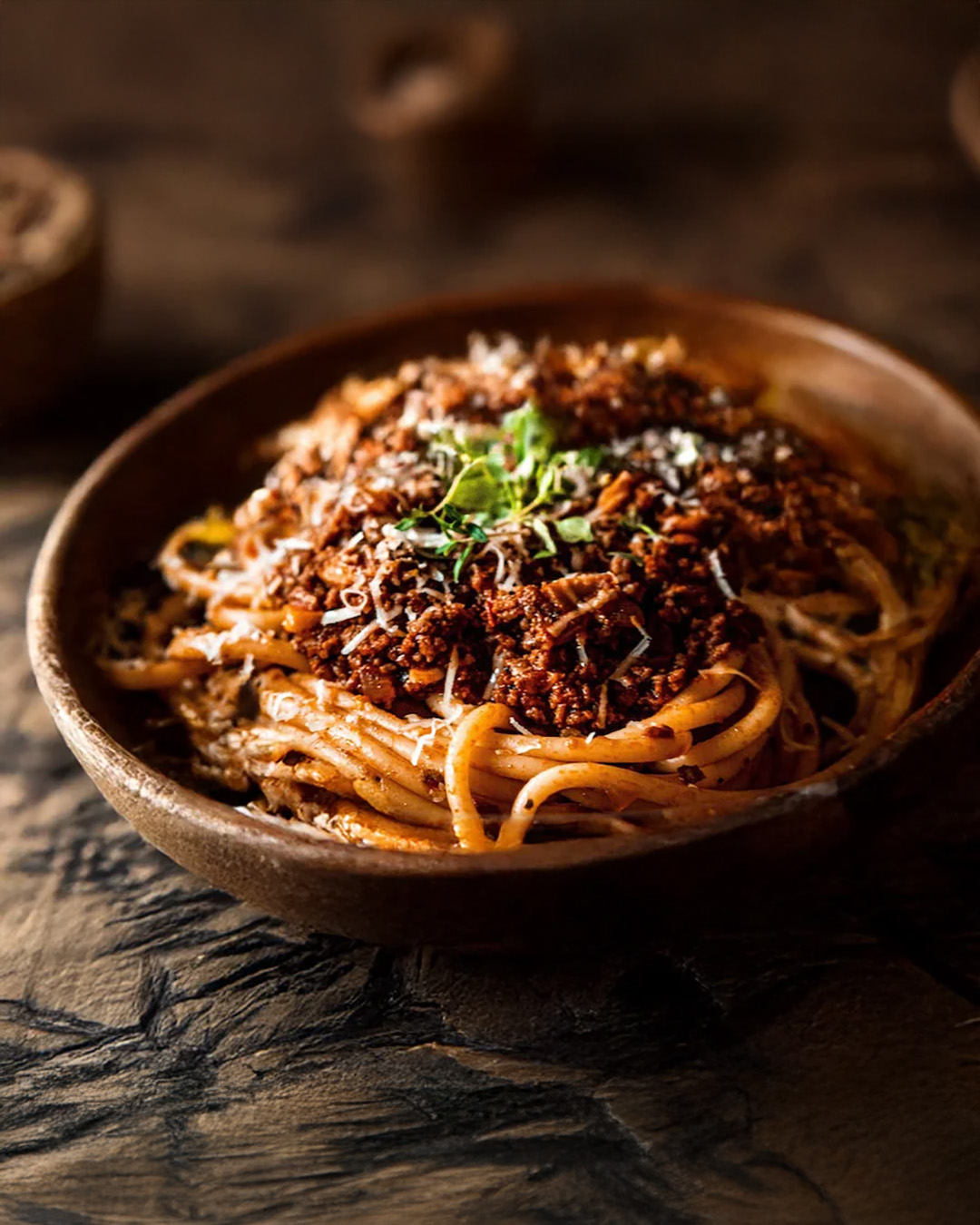


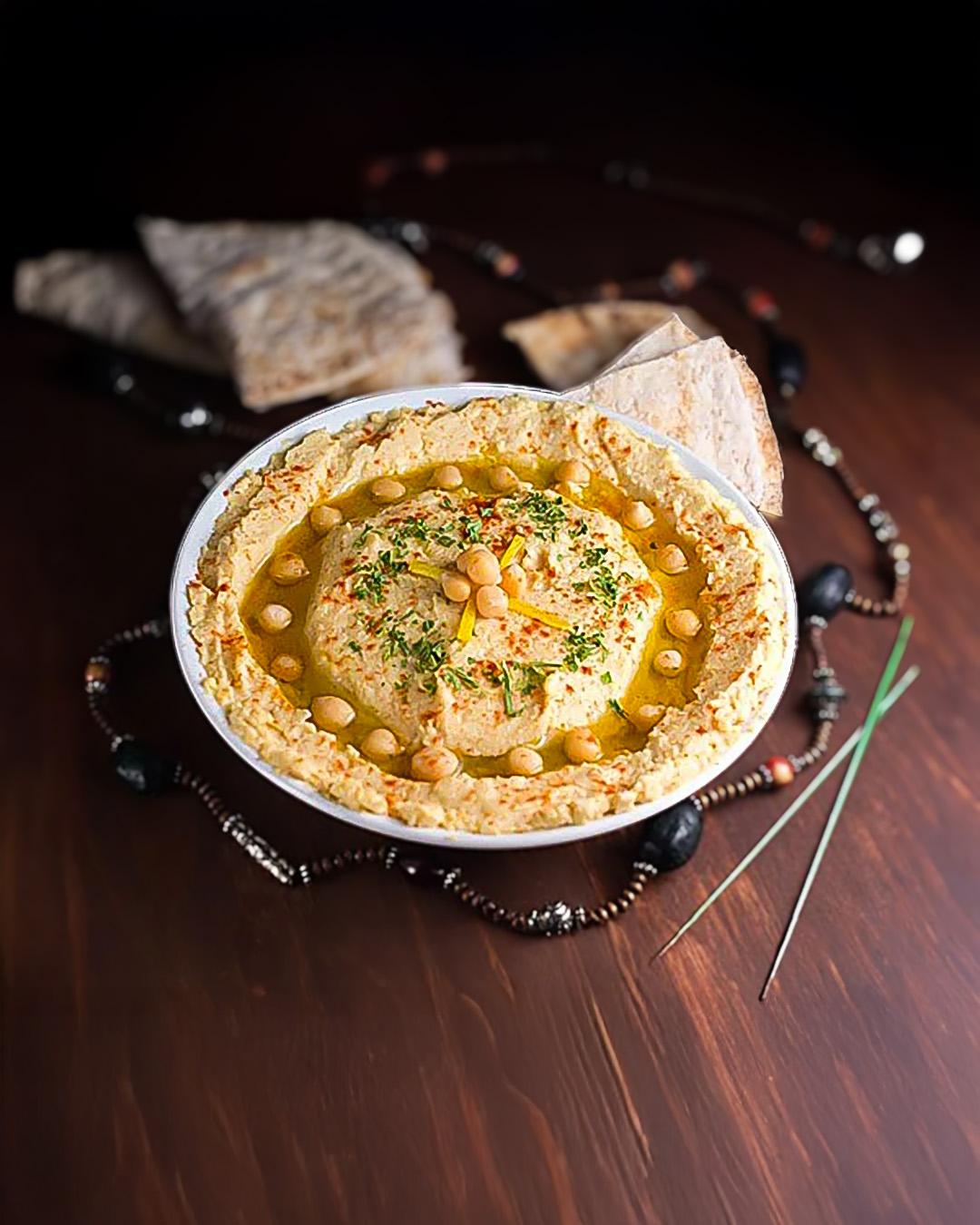

Thanks for sharing the recipe to encourage people to eat more lion fish and control the population in Florida.
To clarify something, lion fish are not endangered and while people may love them in their fish tanks and enjoy eating them, they probably aren’t beloved locally.
From NOAA:
The lionfish, a longstanding showstopper in home aquariums, is a flourishing invasive species in U.S. Southeast and Caribbean coastal waters. This invasive species has the potential to harm reef ecosystems because it is a top predator that competes for food and space with overfished native stocks such as snapper and grouper. Scientists fear that lionfish will also kill off helpful species such as algae-eating parrotfish, allowing seaweed to overtake the reefs. In the U.S., the lionfish population is continuing to grow and increase its range. This is largely because lionfish have no known predators and reproduce all year long; a mature female releases roughly two million eggs a year.